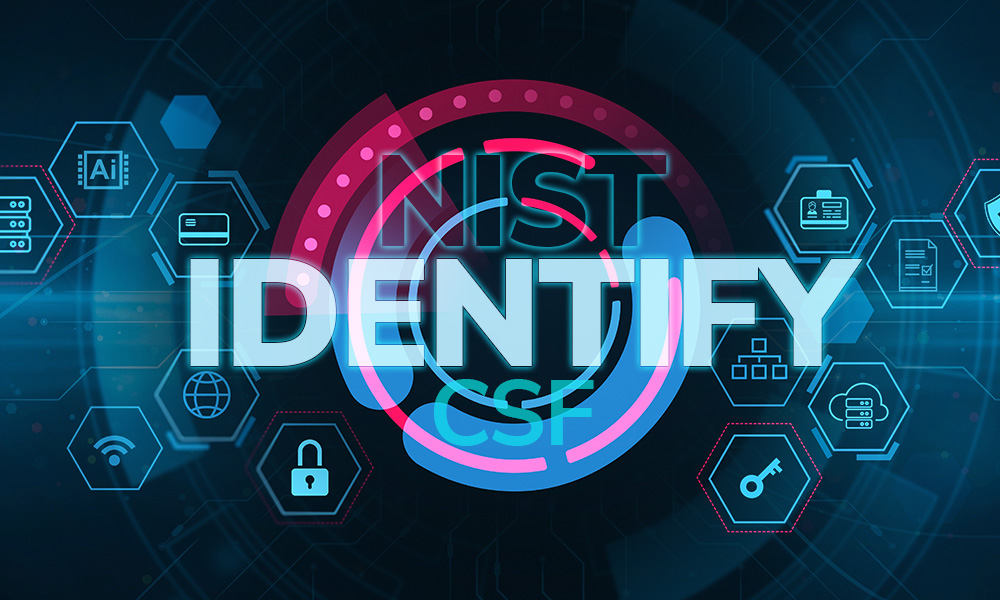Vulnerability Scanning Services
Vulnerability scanning is the process where operating systems, databases and other applications, in addition to network infrastructure, are assessed and scanned for the presence of known vulnerabilities and insecure configurations which could lead to a breach if exploited. Vulnerability scans are typically automated and provide an invaluable first step in assessing vulnerabilities which could potentially be exploited.
URM can conduct regular vulnerability assessments of your organisation's external and internal infrastructure and applications and identify missing patches, common misconfigurations and vulnerabilities which may leave the organisation exposed. Combining automated scans with manual verification by expert consultants, our Team can assess the full extent of your organisation’s vulnerabilities and provide you with an actionable report which prioritises remediation efforts and removes false positives.
Get in touch
Please note, we can only process business email addresses.
Why URM?
Our Team of experienced testers sits behind every vulnerability scan performed by URM. As such, using information about the assets being assessed and their context, the Team is able to manually verify the scan results, eliminate false positive and reassess the risk level of vulnerabilities to help you effectively prioritise your remediation efforts.

NHS Cyber Security Open Letter: What Does it Mean for Suppliers?
URM’s blog explains the recent open letter to suppliers issued by the NHS, what it means, why it matters, and the practical steps you can take to prepare.

URM’s blog unpacks the Identify Function of the NIST CSF, providing a detailed breakdown of its requirements and what you need to do to meet them.

URM’s blog explores the importance of cyber resilience & the steps organisations can take to prepare for and mitigate the impact of a cyber incident.

URM’s blog explores common weaknesses in organisations’ security programmes, & outlines practical, cost-effective measures to reduce the likelihood of a breach
